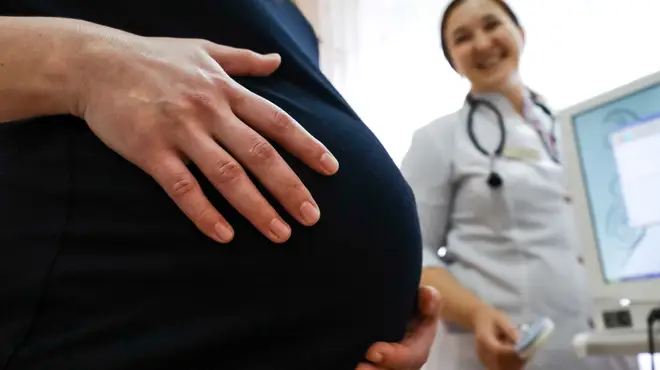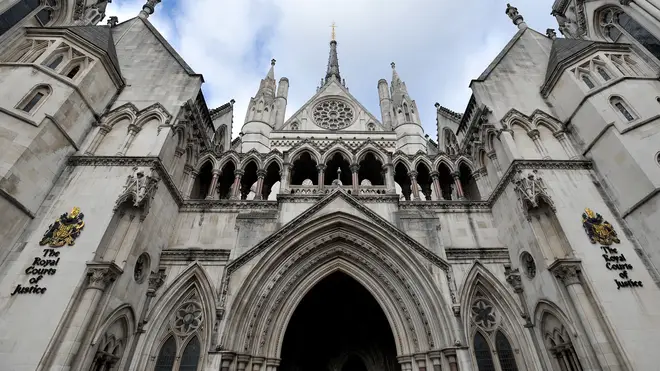
Matthew Wright 7am - 10am
18 November 2019, 13:43

A woman is suing three NHS trusts after they failed to tell her that her father has Huntington's disease when she became pregnant.
She said that had she known about her father's condition, which she can pass on, she would not have had a child.
The woman is currently in her 40s, and for legal reasons is only known as ABC.
ABC alleges that the three NHS trusts that were treating her father owed her a duty of care to tell her about his diagnosis.
In 2007, ABC's father shot and killed her mother, and was later convicted of manslaughter on the grounds of diminished responsibility.
It was later found that he was suffering from Huntington's disease, a condition which damages brain cells, causing disruption to movement, cognition and behaviour, often causing sufferers to be more aggressive.
The disease cannot be reversed or even slowed.
If a parent has it, there is a 50 per cent chance that it will be passed on to their child.
As ABC was pregnant at the time of her father's diagnosis, medical staff fought his consent to disclose the information to his daughter, but he refused.
ABC only found out about the diagnosis four months after her daughter was born.
She was diagnosed with the disease herself in January 2013, but does not yet know if her daughter is also affected.

ABC is now suing St George's Healthcare NHS Trust in south-west London and St George's Mental Health NHS Trust and Sussex Partnership NHS Foundation Trust for nearly £350,000 in damages.
Opening the case in London on Monday, ABC's barrister, Lizanne Gumbel QC, said her client was "entirely certain" that she would have terminated her pregnancy had she known of her father's condition.
Ms Gumbel said that was "hardly surprising when she knows how the disease has affected her father and believes it is likely to have contributed to her father killing her mother".
She also said ABC had "suffered severe psychiatric damage as a result of learning after she had given birth to her daughter that she herself had the abnormal Huntington's gene and that her daughter also had a 50% prospect of inheriting the abnormal gene".
Ms Gumble added that ABC was "in a unique position to appreciate the difficulties of looking after a child whilst developing symptoms of Huntington's disease", and that "as a single mother, the claimant knew the effect on any child of her becoming increasingly seriously ill would be devastating".

Whilst giving evidence, ABC said: "If I was given the information, as I should have been, then I would have made the decision to test and terminate to not put my child through this."
She said was "absolutely terrified" after she was told, telling the court: "I thought I was about to die, I thought I was about to get unwell immediately, I thought I would drop my baby, I terrified myself."
Philip Havers QC, representing the trusts, said that the question for the court was whether there was "a duty to disclose to her confidential information about her father against his express wishes", which he said was "plainly not the case".
Mr Havers submitted that ABC "was not entitled to confidential information held by the defendants in the context of their doctor-patient relationship with" her father.
He argued that imposing a duty of care in this situation would create "a direct conflict between the duty of confidence owed by the doctor to his patient, and the alleged duty of care owed to the third party", putting doctors in "an impossible position".